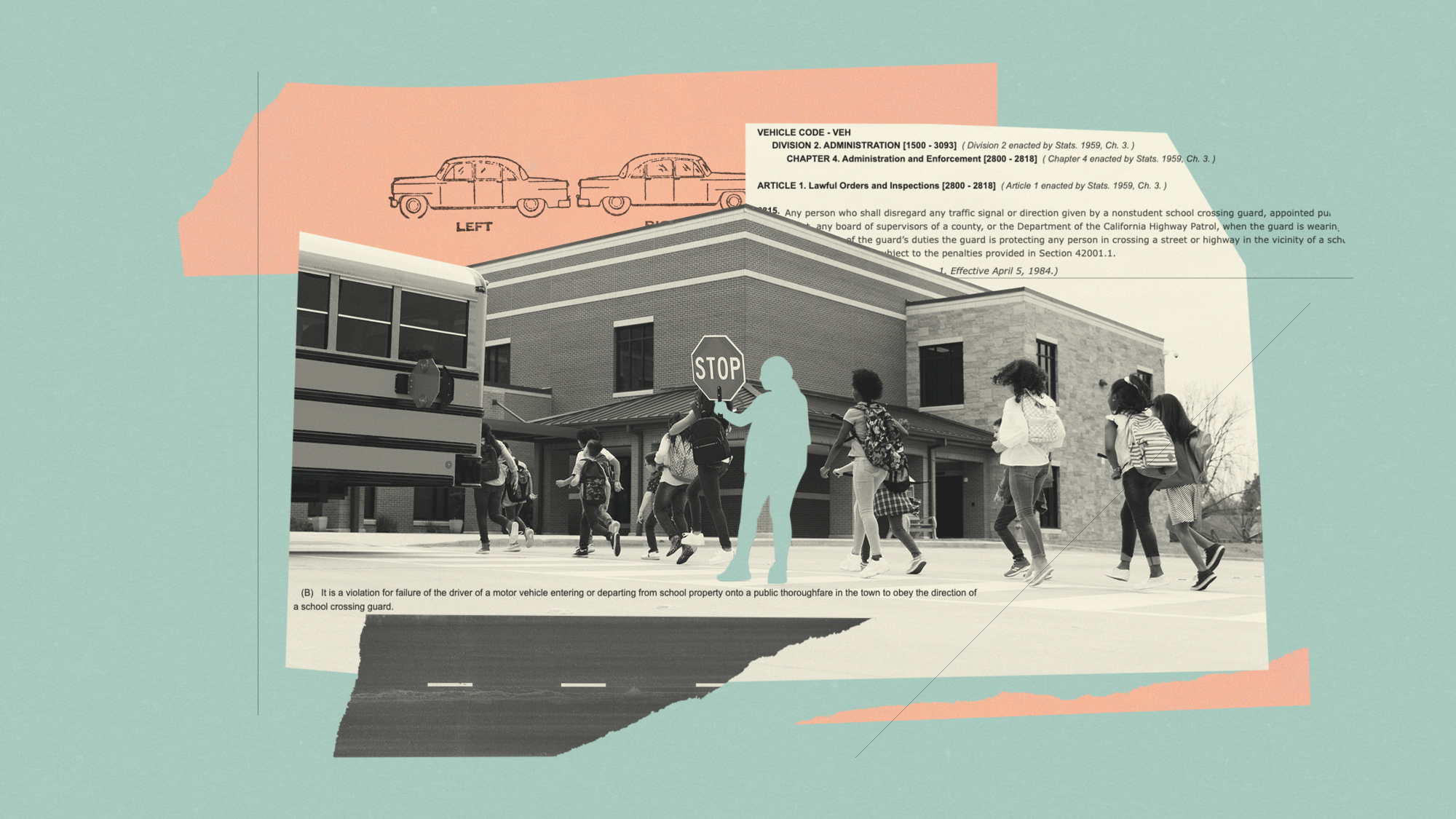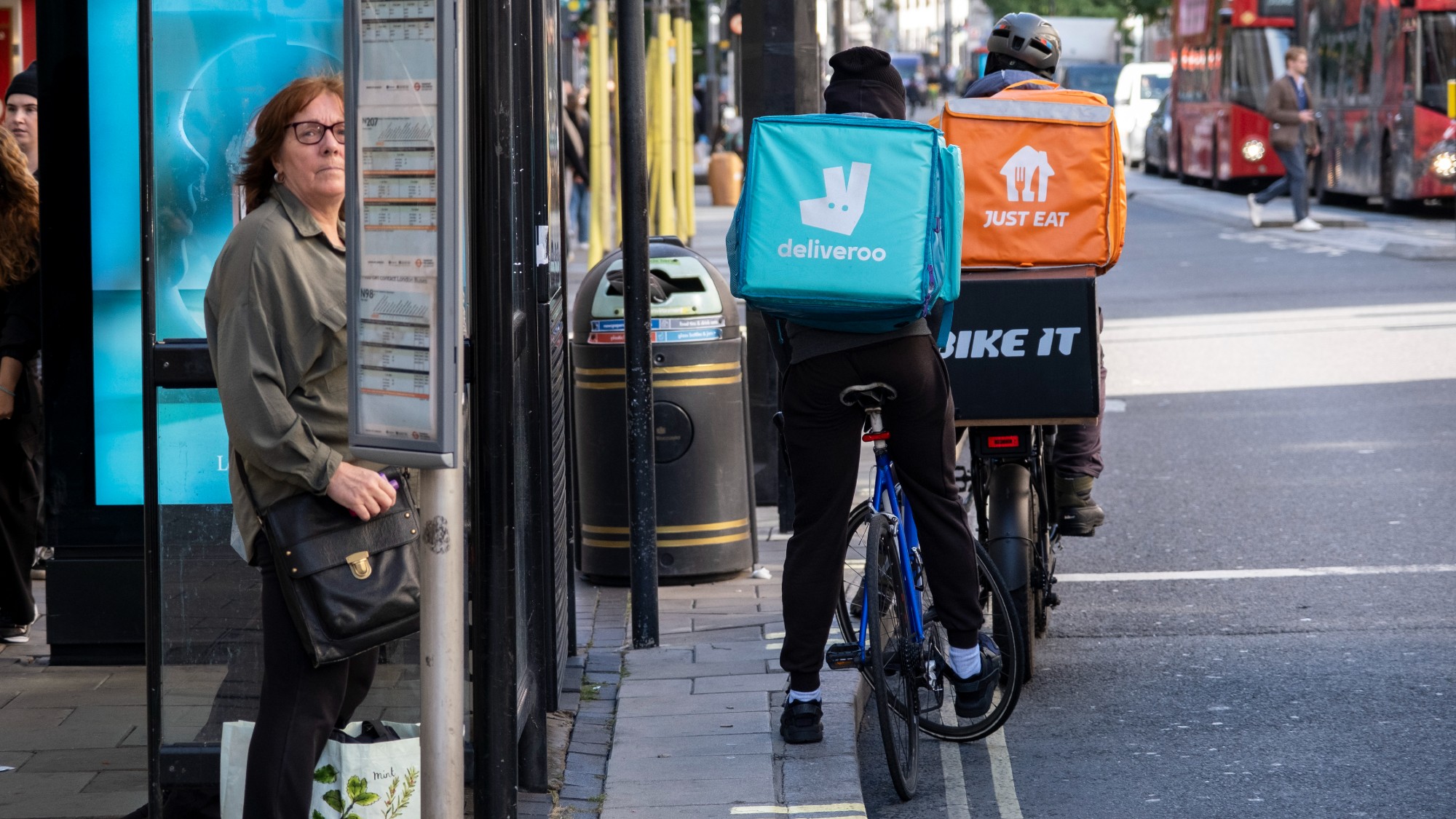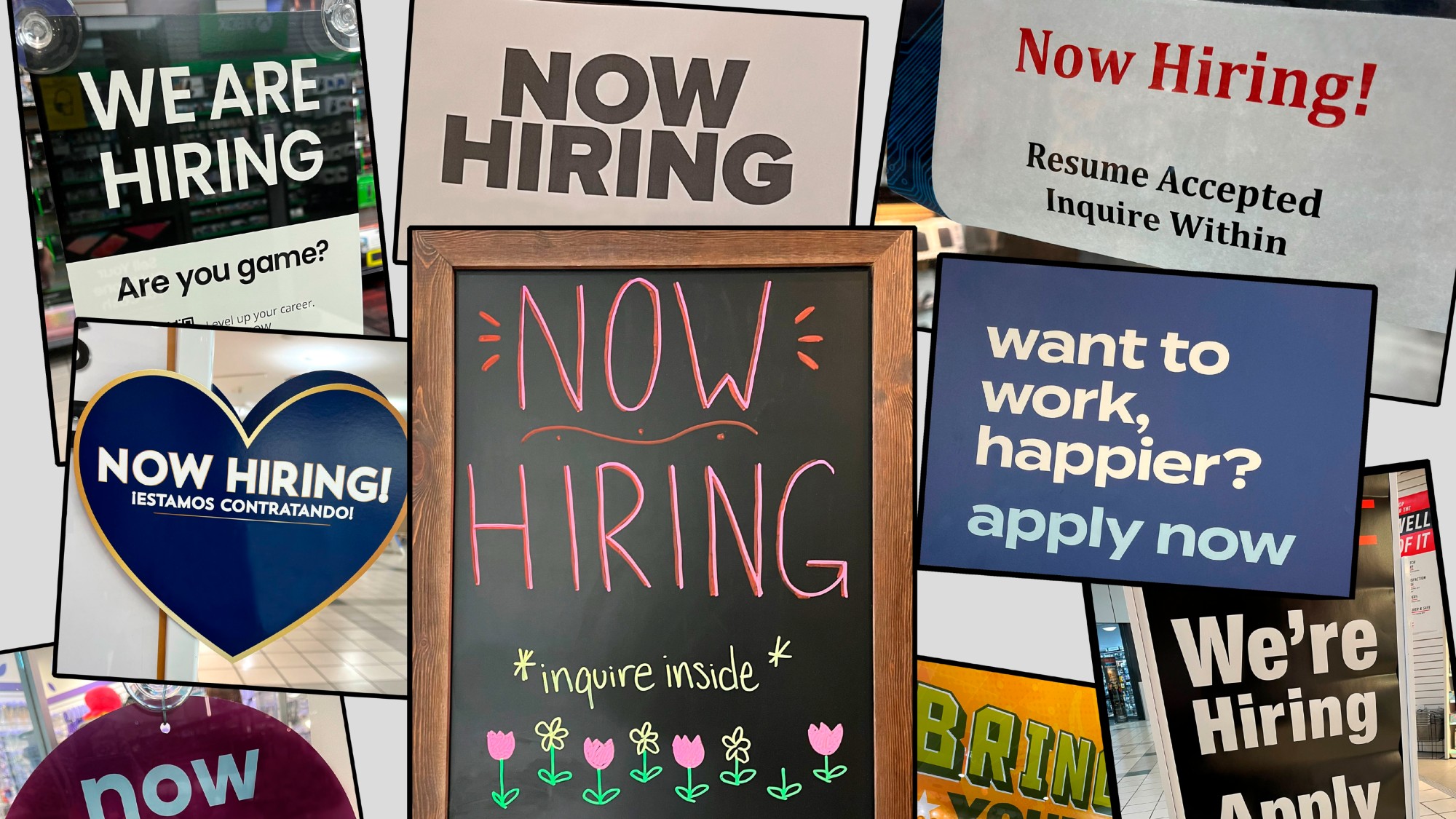Why Peru’s McDonald’s have closed their doors
The deaths of two teenage employees has prompted protests over workplace safety

A free daily email with the biggest news stories of the day – and the best features from TheWeek.com
You are now subscribed
Your newsletter sign-up was successful
McDonald’s has closed all of its branches in Peru for two days following the death of two of its employees.
The two workers, identified as Alexandra Porras Inga, 19, and Gabriel Campos Zapata, 18, died early on Sunday morning while cleaning a McDonald’s kitchen in the Peruvian capital, Lima.
A report in The New York Times suggested they were both electrocuted by a faulty drinks machine, with the BBC adding that the deaths have prompted protests in Lima against poor working conditions.
The Week
Escape your echo chamber. Get the facts behind the news, plus analysis from multiple perspectives.

Sign up for The Week's Free Newsletters
From our morning news briefing to a weekly Good News Newsletter, get the best of The Week delivered directly to your inbox.
From our morning news briefing to a weekly Good News Newsletter, get the best of The Week delivered directly to your inbox.
The Guardian says that the teenagers had dated while at school and had been saving to study at university.
McDonald’s Peru wrote on Twitter: “In response to the terrible loss of our two colleagues Carlos Gabriel Edgardo Campos Zapata and Alexandra Antonella Porras Inga, we wish to announce that we have declared two days of mourning from this morning, during which all our restaurants nationwide will remain closed.”
The company said it was cooperating fully with the authorities investigating the deaths and offering support to their families.
All staff would be paid during the two days when the restaurants were shut, and the firm’s operating company in Peru, Arcos Dorados, said it shared “the sorrow and extreme pain of the affected families”.
A free daily email with the biggest news stories of the day – and the best features from TheWeek.com
–––––––––––––––––––––––––––––––For a round-up of the most important stories from around the world - and a concise, refreshing and balanced take on the week’s news agenda - try The Week magazine. Start your trial subscription today –––––––––––––––––––––––––––––––
Protesters are angry at what they see as the country’s exploitative work market, which has become notorious for its lax labour regulations, poor health and safety standards and low pay, the Guardian reports. And it says that almost 70% of Peru’s workforce labours in unregulated conditions, according to the country’s statistics institute.
Indira Huilca, a former congresswoman, said the latest deaths are indicative of a country that has concentrated on attracting private investment rather than prioritising worker safety. She added that “everyone knows” that many Peruvians, and in particular young people, work in dangerous conditions, according to the New York Times.
The newspaper also reports that on Monday, Peru’s workplace safety department, the Superintendencia Nacional de Fiscalizacion Laboral, said it had “begun an investigation into conditions” at the McDonald’s restaurant, and that the fast food chain “could face its highest fine – up to 189,000 soles (or about £43,000) — if violations were found”.
Johana Inga, Porras’s mother, told local TV her daughter had complained she was made to do cleaning work without proper safety equipment, such as gloves and boots, and had to work 12-hour shifts.
-
 How the FCC’s ‘equal time’ rule works
How the FCC’s ‘equal time’ rule worksIn the Spotlight The law is at the heart of the Colbert-CBS conflict
-
 What is the endgame in the DHS shutdown?
What is the endgame in the DHS shutdown?Today’s Big Question Democrats want to rein in ICE’s immigration crackdown
-
 ‘Poor time management isn’t just an inconvenience’
‘Poor time management isn’t just an inconvenience’Instant Opinion Opinion, comment and editorials of the day
-
 Ski town strikers fight rising cost of living
Ski town strikers fight rising cost of livingThe Explainer Telluride is the latest ski resort experiencing a patroller strike
-
 Employees are branching out rather than moving up with career minimalism
Employees are branching out rather than moving up with career minimalismThe explainer From career ladder to lily pad
-
 Out of office: Microretirement is trending in the workplace
Out of office: Microretirement is trending in the workplaceThe explainer Long vacations are the new way to beat burnout
-
 Being a school crossing guard has become a deadly job
Being a school crossing guard has become a deadly jobUnder the Radar At least 230 crossing guards have been hit by cars over the last decade
-
 Why 'faceless bots' are interviewing job hunters
Why 'faceless bots' are interviewing job huntersIn The Spotlight Artificial intelligence is taking over a crucial part of recruitment
-
 Champagne problems: migrant vineyard workers treated 'like slaves'
Champagne problems: migrant vineyard workers treated 'like slaves'Under the Radar Convictions spotlight the 'exploitation and misery' at the heart of the 'glamorous' industry
-
 How many people are working illegally in the UK?
How many people are working illegally in the UK?The Explainer Government vows 'nationwide blitz' on illicit workforce believed to number in the hundreds of thousands
-
 What is 'career catfishing' and why are Gen Z doing it?
What is 'career catfishing' and why are Gen Z doing it?Under The Radar Successful job applicants are increasingly disappearing before their first day